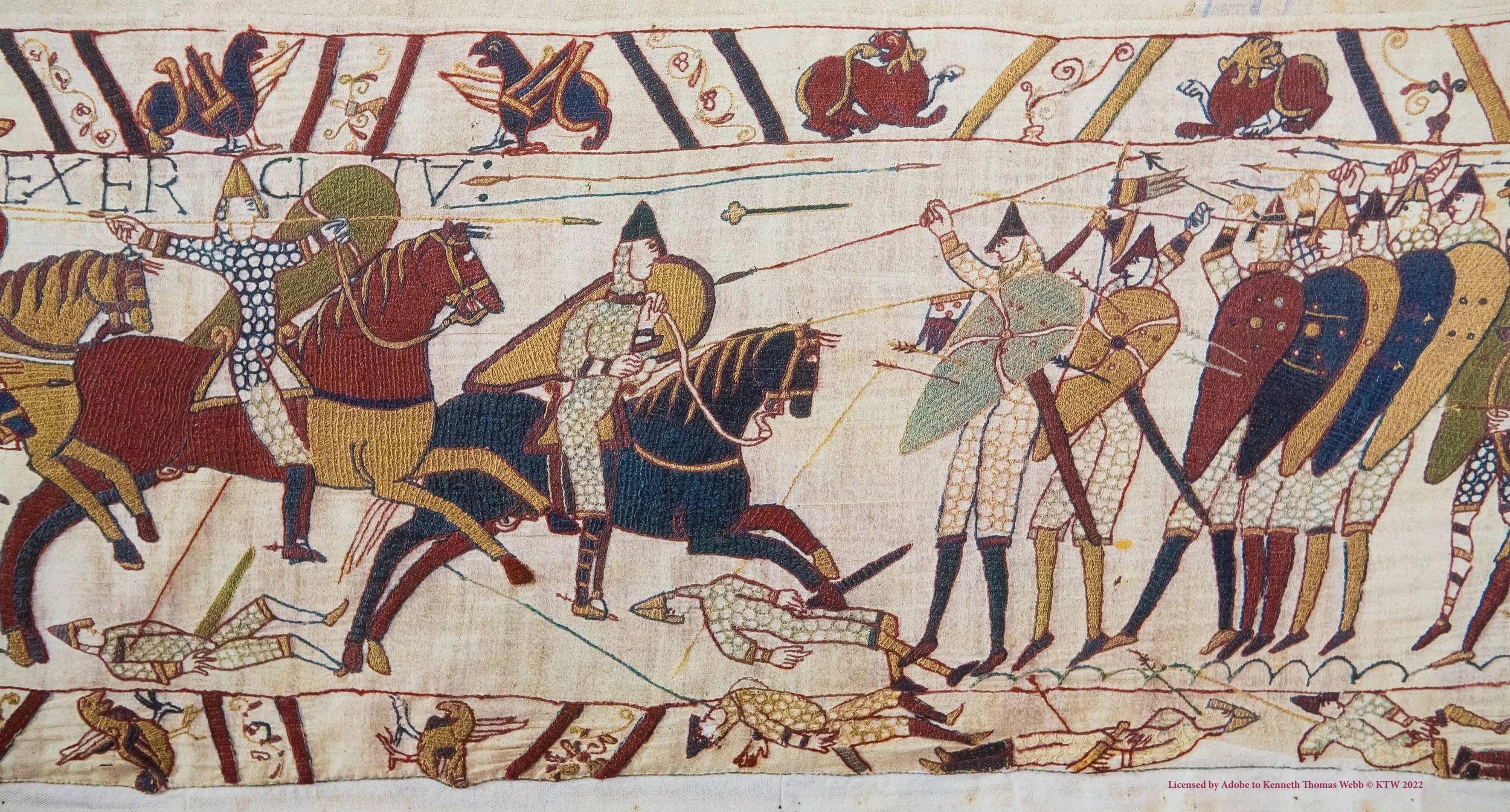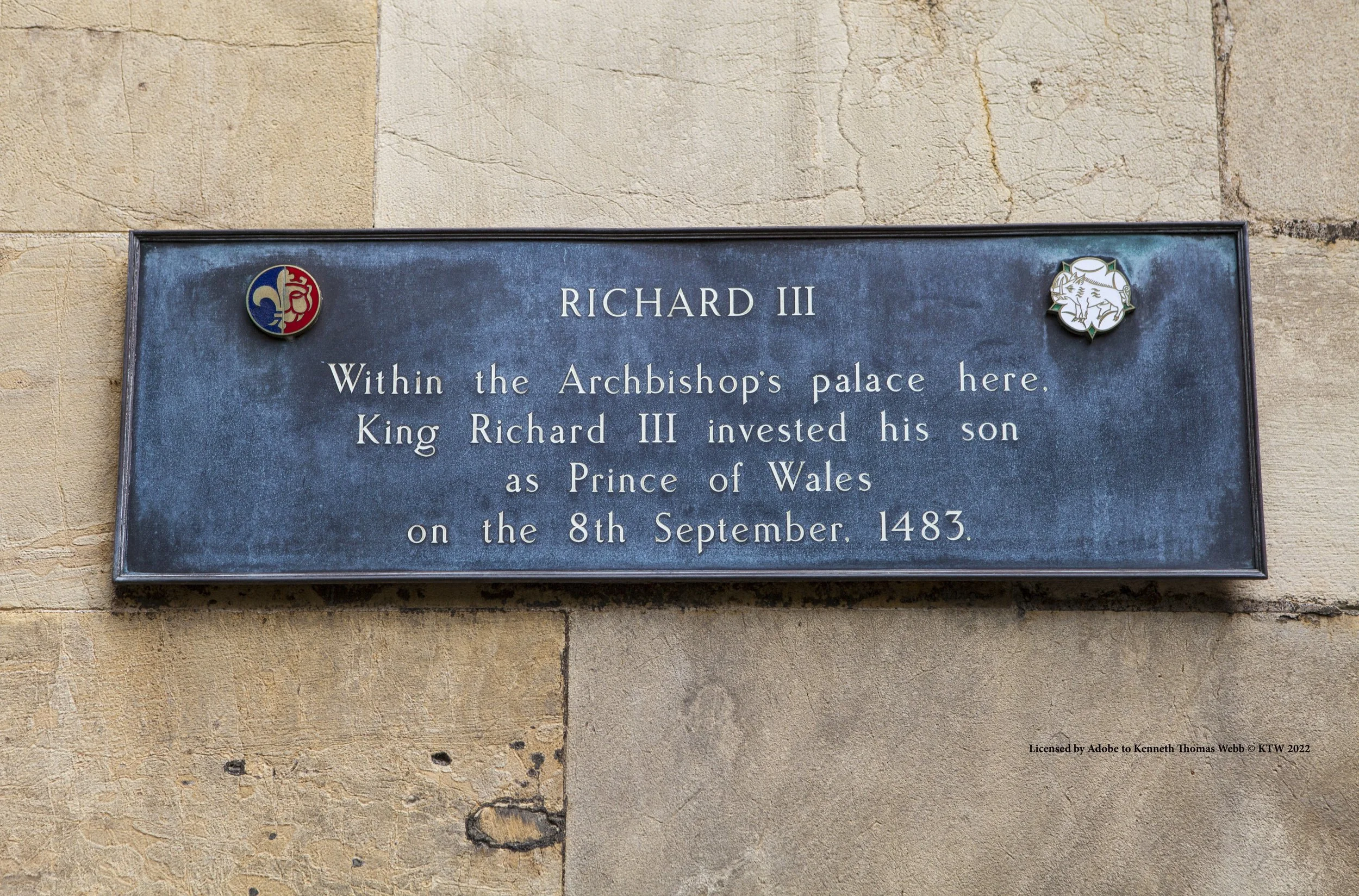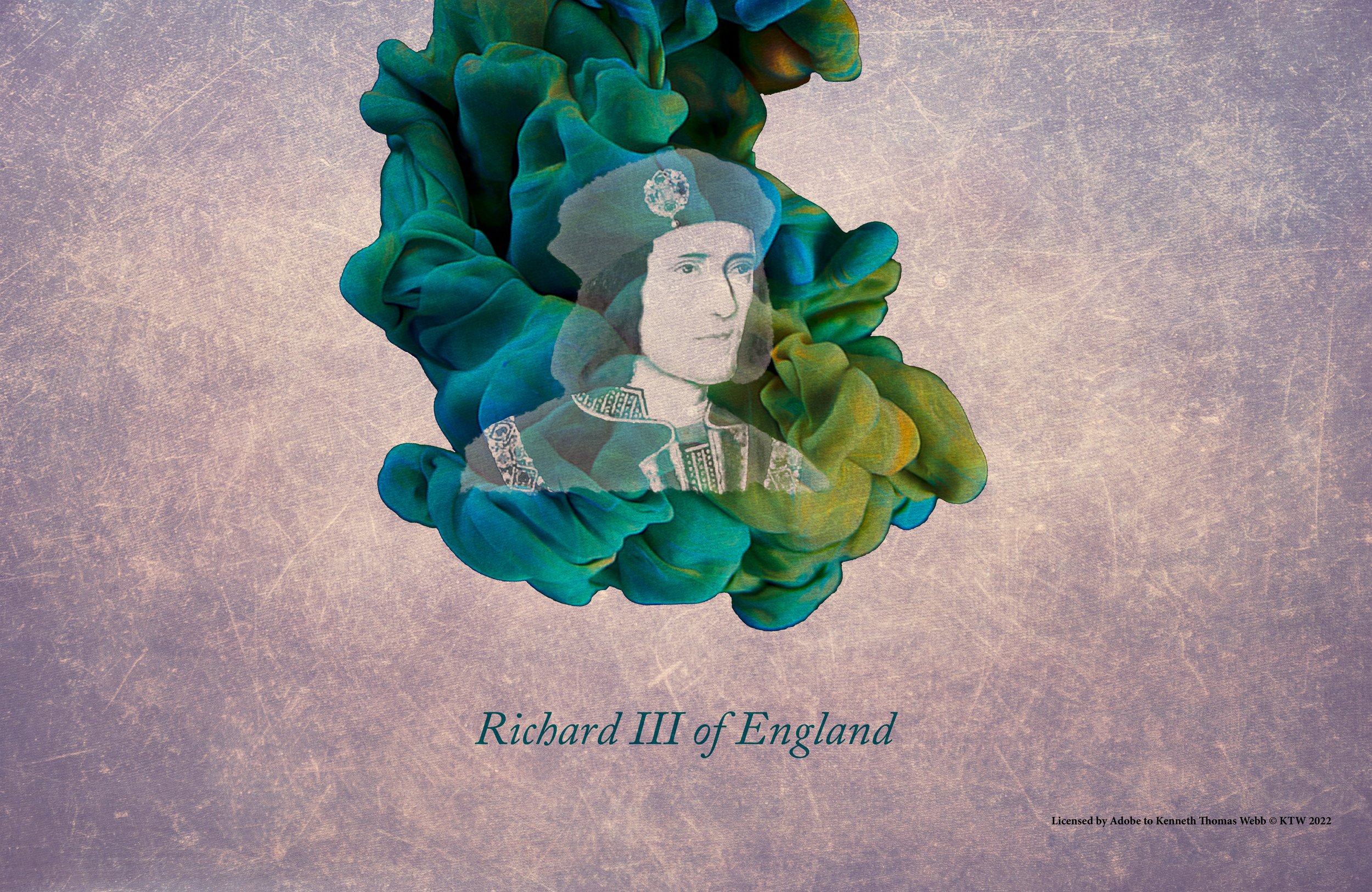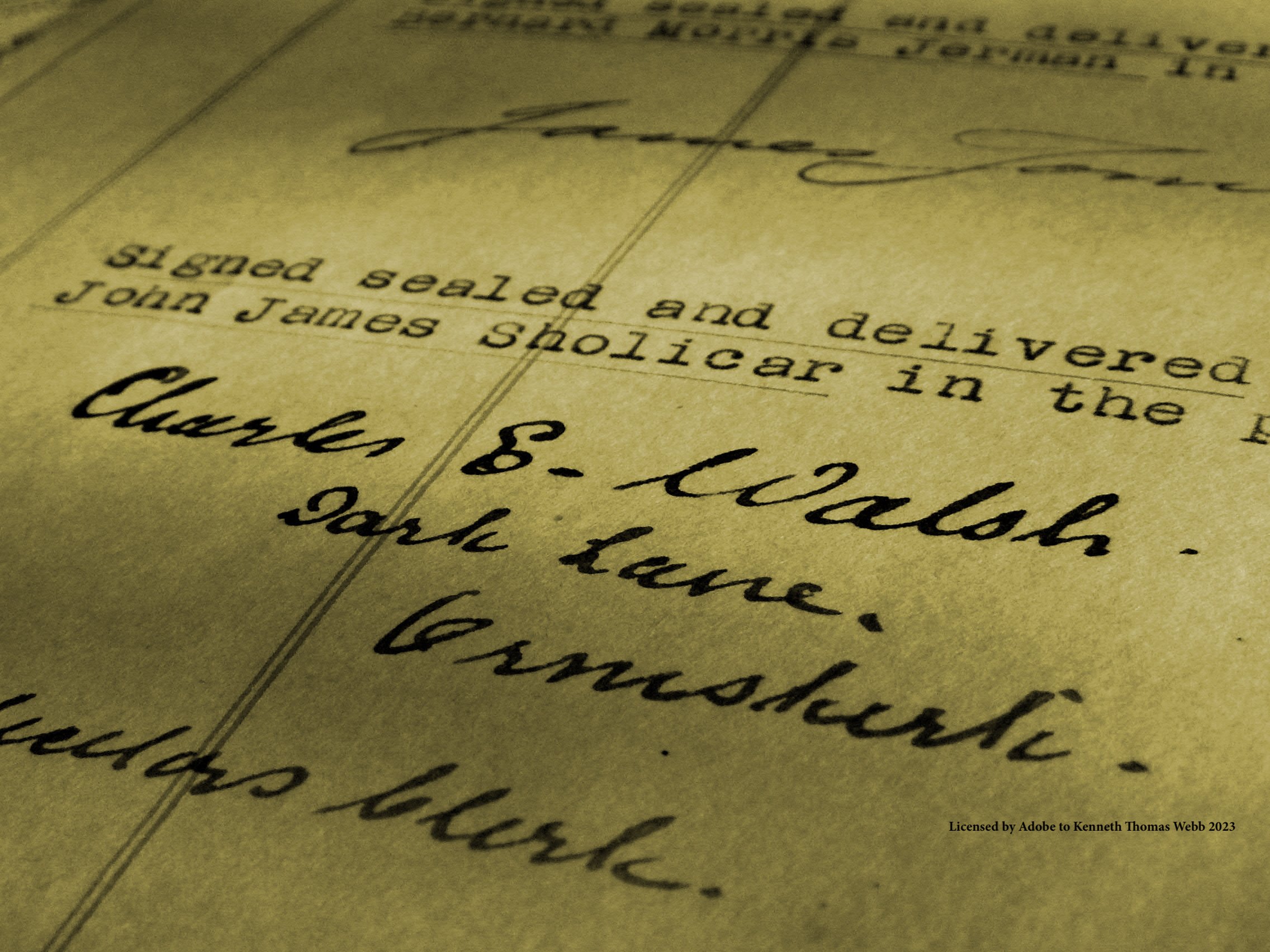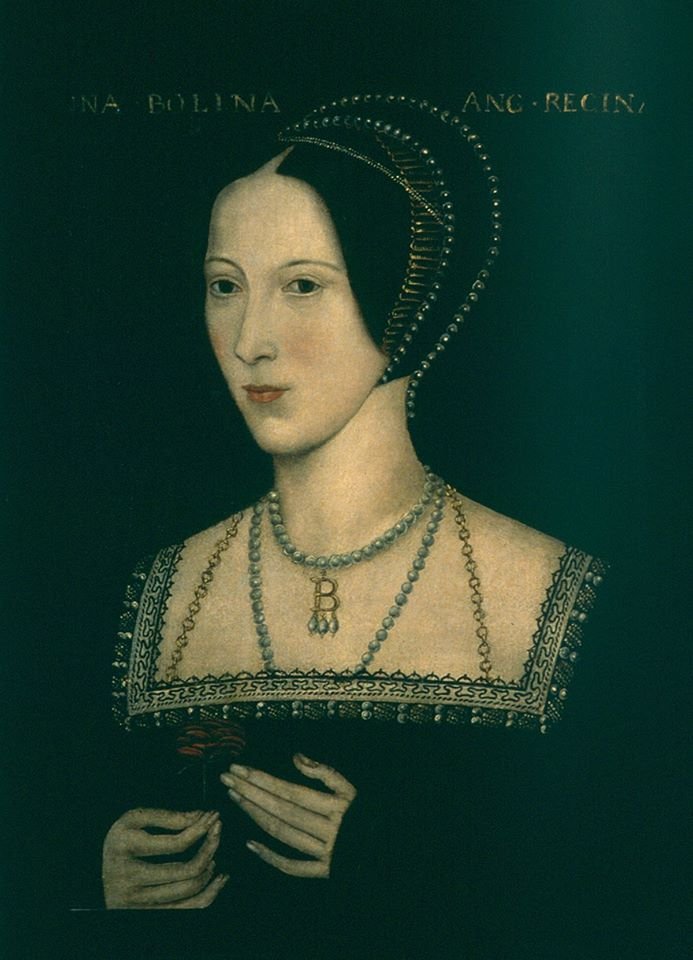MƒH King Richard III ~ 1485 (Revised Edition)
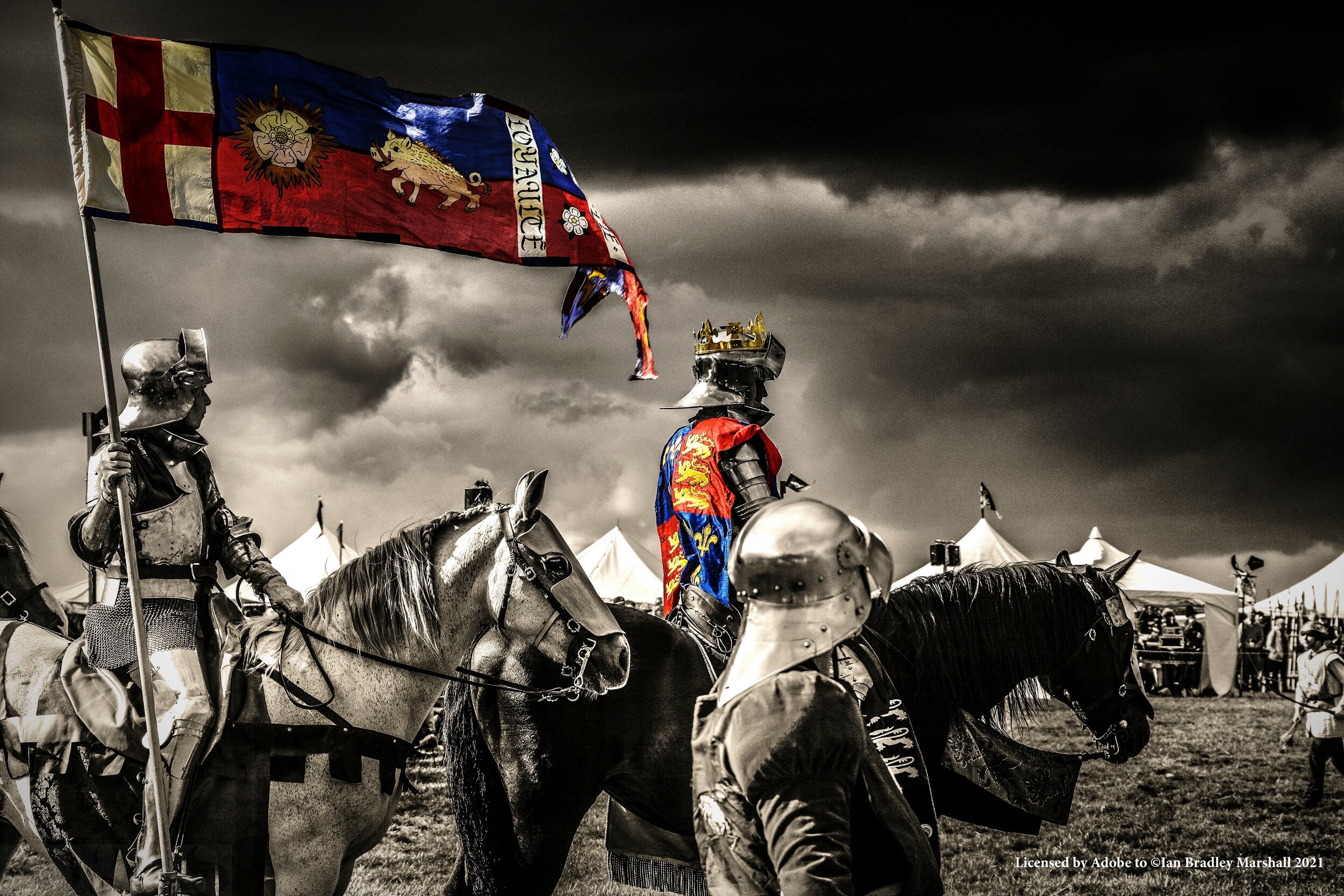
Moment from History
Volume 1 2022-2023
Introduction
LAST EVENING I chanced upon two historical documentaries. The first was Jeremy Paxman’s hour-long documentary on the state funeral of Sir Winston Churchill.
The second was the BBC’s hour-long documentary on the funeral of the remains of Richard Plantagenet, King Richard III of England at Leicester Cathedral in 2014.
Afterwards, I sat quietly, searching the shelves of my mind for a dispatch I’d written in 2013. Eventually, I located it. We often berate the internet age, but we can be equally grateful for its ability to aid our search.
History has a way of directing its beam of light, causing us all to ask, what on earth, in God’s Name, possessed our ancestors to take that course of action?!
Here is the original 2013 Dispatch: Richard III. The very moving service can be found here.
The Original Liverpool Dispatch
5 February 2013
I
AT SCHOOL in the 1960s we were heavy on the Plantagenets, the Tudors and the Stuarts, the Wars of the Roses and the English Civil War ~ all of which I deem of inestimable value in giving me a groundwork understanding of our history, our islands - this curious island people - that, as a Union, promptly, and in many ways, often by design, but often by accident, too, spread its influence.
How did the popular song go at the turn of the last century?
A line that said it all...an empire upon which the sun never set...and another song that we still sing on raucous or patriotic occasions...wider still and wider shall they bounds be set ... and as late as 1940 in very, very dark days for all of us, words that still tingle the spine when Churchill broadcast to all...if the British Empire and its Commonwealth lasts for a thousand years, men will still say, 'THIS was their finest hour!'
II
As a ten-year-old, hearing those last words in newsreels years later confused me! I had no concept of time. I could not measure time beyond the school week, and weekends, often having great fun playing on bombsites, still around, sixteen years after the war had ended.
Yes. History has played an enormously important part for me and I'm truly thankful to Miss Martin. I remember the day we all walked into her classroom. All around the walls was a long tapestry ~ The Bayeux Tapestry ~ my introduction to what would become my favourite subject.
Relief from The Bayeux Tapestry ‘a masterpiece of 11th century Romanesque art, which was probably commissioned by Bishop Odo, William the Conqueror's half-brother, to embellish his newly-built cathedral in Bayeux in 1077. The Tapestry tells the story of the events surrounding the conquest of England by the Duke of Normandy.’ It does not depict the ruthless occupation that followed and the destruction of the Anglo-Saxon landed families, a hint of that occupation being captured within the pages of Domesday Book (commissioned by William the Conqueror circa 1086).
Miss Margo Martin brought history literally into the classroom! No dry dates and names. No!
So we youngsters learned much about the Battle of Bosworth or Bosworth Field as we older ones now know it.
And we had a pretty poor opinion of that wicked evil king, Richard III, a man with a hunched back, a man - according to Shakespeare, but erroneously it turns out - with a withered arm, a man who … it is suggested … murdered the princes in the tower!
I recall the horror I felt in that particular lesson; I still recall the texts in old books in class, the copperplate drawings of two princes cowering as they tried to hide from the king. Yep, it all comes rushing back.
How the memory is so powerful at times. How we recall events and the minutest of details.
Which causes me to stop in my tracks as I think of the trauma of the War in Ukraine that will remain with children their whole lives.
Ms Langley discussing the remarkable facial reconstruction of the King
III
But, somehow, some facts seem to have passed us by. I do not know what the position is as to the facts of the murder. But I ponder some very important facts about Richard III.
I've just read an article by Hayden Smith in today's Metro (page 11) and which quotes Philippa Langley of the Richard III Society.
We English, Welsh, Scots and Irish hold very firmly our basic legal principles that are not only now the bedrock of the worldwide English-speaking peoples but also of many regimes and democracies that hold their country's rule of law to be paramount.
Let me quote Ms Langley:
This is the king who gave us the system of bail, opened the printing industry and applied the principle of innocent until proven guilty.
Yet he is still presumed guilty for the death of the princes in the tower even though there's no evidence pointing towards him.
All of that, for me, is paramount. But historians are divided.
So the jury is out as historians set to sort out the facts, re-examine the evidence and present their findings.
Whatever the case, I shall be glad when England's last king to have died on the battlefield, itself pointing towards courage, lies with dignity in Leicester Cathedral in 2014.
Because something else troubles me, and which I really don't like, as those who follow my writing about the absolute supremacy of an individual's right never to suffer indignity (what we casually call human rights today) will be aware.
There appears to be evidence that King Richard III suffered humiliation injuries and it is that that causes me to say that I hope that no stone will be left unturned to find out the truth.
I still take my hat off to Miss Martin for the fantastic introduction she gave me to history more than half a century ago.
Thanks, Miss Martin. You're a legend, Ma’am! :) !
End
12 November 2022
All Rights Reserved
© Kenneth Thomas Webb 2022
Written on 5 February 2013 as a Dispatch
Ken Webb is a writer and proofreader. His website, kennwebb.com, showcases his work as a writer, blogger and podcaster, resting on his successive careers as a police officer, progressing to a junior lawyer in succession and trusts as a Fellow of the Institute of Legal Executives, a retired officer with the Royal Air Force Volunteer Reserve, and latterly, for three years, the owner and editor of two lifestyle magazines in Liverpool.
He also just handed over a successful two year chairmanship in Gloucestershire with Cheltenham Regency Probus.
Pandemic aside, he spends his time equally between his city, Liverpool, and the county of his birth, Gloucestershire.
In this fast-paced present age, proof-reading is essential. And this skill also occasionally leads to copy-editing writers’ manuscripts for submission to publishers and also student and post graduate dissertations.


